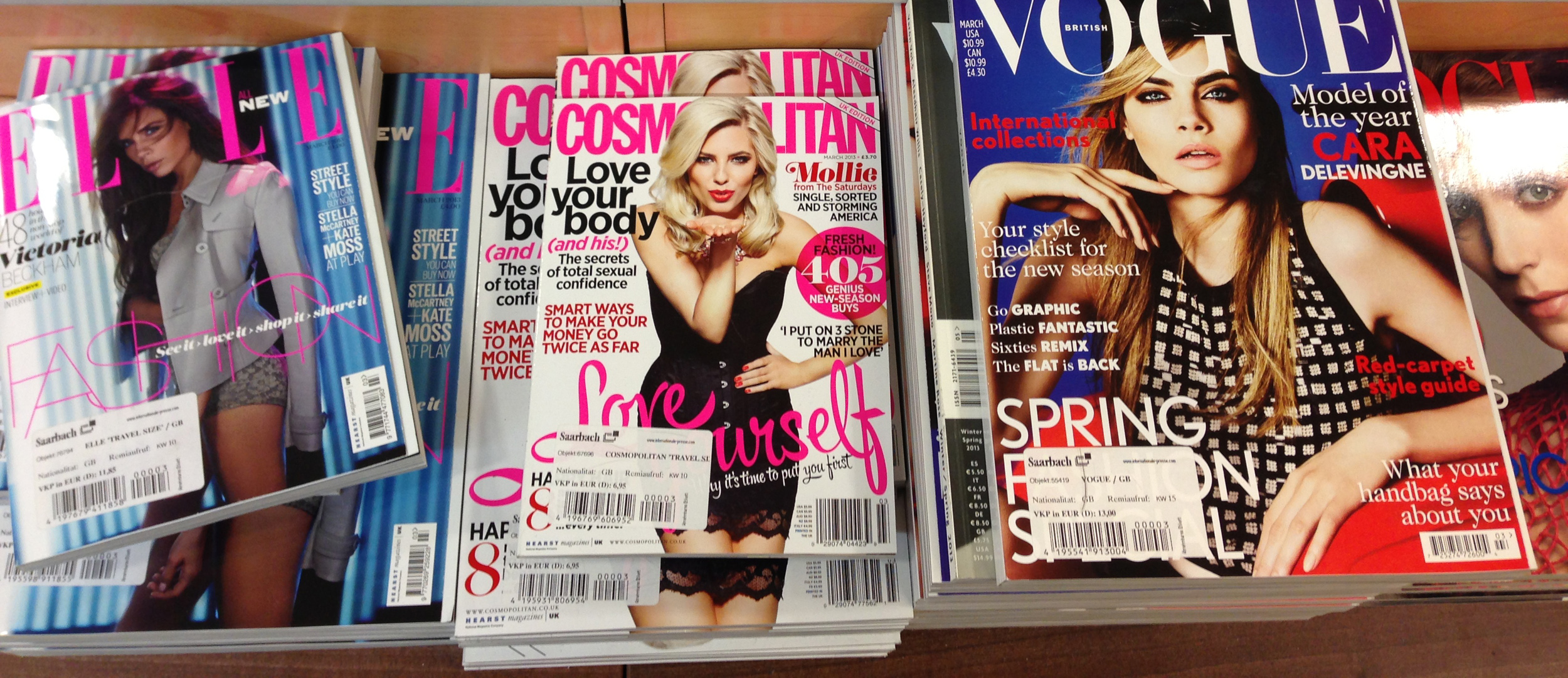Cheap Sustainability Excuses
Need To Be Seriously Out Of Vogue

Image filadendron
Lynn Johnson
11 March, 2021
Because too many Instagram influencers cannot possibly wear the same outfit twice, apparently, all you need to do for Vogue magazine to describe you as a sustainability-conscious millennial is to rent or buy second-hand outfits, every so often, instead! If this is Vogue’s definition of what being sustainability-conscious means, then maybe the Global Fashion Agenda needs to put working on an improved definition of what really makes a sustainability-conscious consumer on to the agenda of its next Copenhagen Fashion Summit.
Labelling consumers ‘sustainability-conscious’ for doing effectively nothing, makes it too easy for people to compromise, between caring about sustainability while doing little to change their purchasing behaviour.

Image terex
This behaviour has even got its own psychological name, moral self-licensing. This is the process of using one, easy, ethical decision, for example, I won’t use takeaway coffee cups, to help you maintain a high moral self-image about your ethical consumption credentials. Then this, in turn, provides you an excuse to ignore other, harder, ethical purchasing choices. This research was published in an interesting 2020 study titled, A little good is good enough: Ethical consumption, cheap excuses, and moral self-licensing, which explores how consumers justify their purchasing decisions.
This brings me back to Vogue’s definition of what makes a sustainability-conscious millennial; it begs the question, are such statements simply used to make people feel good about their spending habits, so they buy more? Buy the latest T-shirt and join the tribe saving the planet!
All this does is simply narrow sustainability to an identity and to people’s need to belong to a tribe. Opting out of the current consumption addiction requires both a secure identity and massive willpower to NOT conform. Social status, self-identity and self-worth have been more strongly linked to consumption, with the growth of advertising; this has accelerated in recent decades with the addition of social media.
We all must face the facts, that we have been groomed to consume.
Now the sloppy vocabulary of sustainability enables customers not to question a purchase but reinforces that it is OK to spend-Spend-SPEND because we are buying, say, second-hand clothes and accessories.
In this way, sustainability is becoming less-and-less about the transformation needed in the way we spend, including the systemic behaviour change we need to make as consumers. Instead, it just becomes another form of greenwashing, to drive our purchasing behaviour. So, it should come as no surprise that the authors of a November 2020 report, Badvertising: Advertising’s role in climate and ecological degradation, state, “Many industries have been recognized as directly and indirectly causing climate and ecological degradation. So far, however, the advertising industry has largely escaped accountability.”.

Image Estherrr
It concludes, “That if humanity hopes to make progress in addressing and reversing climate and ecological degradation, it would be prudent to rein in, and change, the practices of the advertising industry”. Advertising must start to play its part in the transformation to genuine sustainability.

Image metamorworks
The current, global economic system pushes constant economic growth that is dependent on people consuming. It should come as no surprise that businesses and consultants are trying to find ways to define sustainability that fits with the current ideology. So, it is in the best interest of businesses and industries to praise consumers for doing very little, as long as they don’t stop buying.
If we don’t call out the fact that people are being praised for doing very little, in an ‘every child gets a prize’ type of way, collectively we won’t have to accept that it is hard to live a genuine, sustainability-conscious life. The choices involved in transitioning to a sustainable and carbon-neutral economy are all hard and can no longer be avoided.
If these changes don’t happen within the next decade, the decision will be taken out of our hands.

Subscribe To
[mc4wp_form id=”29″]




